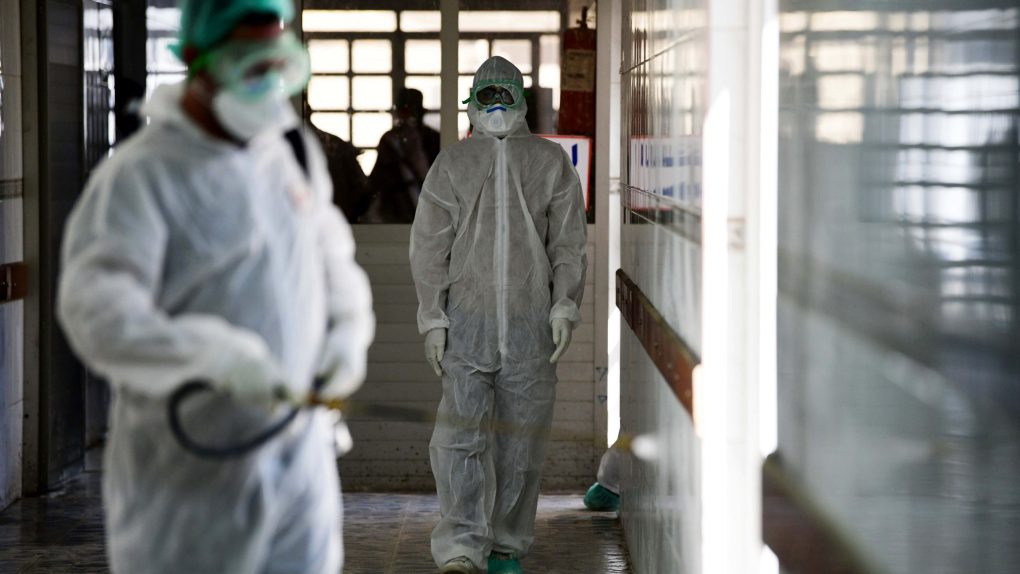- A crisis like the COVID-19 coronavirus provides a fertile breeding ground for fake cures and misleading preventative measures to spread quickly.
- Some people are claiming the coronavirus was engineered in a lab even though reputable scientists have already proven this to be false.
- Make sure to do a quick Google search before buying into and spreading disinformation that could actually put people at greater risk of catching the virus.
- Visit BGR’s homepage for more stories.
A few days ago, I hopped onto Twitter and saw a disturbing tweet putting forth the idea that the coronavirus could very well be a manmade bioweapon that was created to bring the United States to its knees. And lest you think that outlandish ideas like this only come from unemployed 40-year-old crackpots who still live at home, the tweet in question came from a well-respected and highly-educated doctor.
Unfortunately, a crisis like the novel coronavirus tends to be a fertile breeding ground for conspiracy theorists who are all too eager to come up with a seemingly endless number of hot takes, each one more outlandish than the one that came before it.
Compounding matters is that conspiracy theories — thanks to how connected we all are to each other — can travel far and wide in an incredibly short amount of time. And interestingly enough, some of the conspiracy theories we’ve seen regarding the coronavirus don’t just focus on the cause of the virus, but also touch on preventative measures and cures that are misleading, if not downright false.
For instance, a report from Reuters relays how a message informing people to drink hot soup as a means to stop the coronavirus from spreading started gaining traction on WhatsApp in the Netherlands. And while conspiracy theories are arguably easy to combat on Twitter and Reddit, the closed environment of chat apps makes it that much easier for misinformation to spread and take a foothold.
But the rapid spread of one such message in the Netherlands shows the challenges faced by private chat platforms, such as text messages or Facebook-owned WhatsApp, where content is harder to police and often perceived as coming from a trusted source when shared by friends and family.
“I think there’s a sense of security and community that exists in these group chats that gives anything shared there a mark of authenticity,” said Anna-Sophie Harling, head of Europe for the U.S.-based misinformation monitoring center NewsGuard.
Other fake theories that have made the round include posts claiming that the coronavirus can be prevented by eating garlic or ice cream. What makes these theories so dangerous is that it can convince individuals to take legitimate pieces of advice like social distancing much less seriously. Do yourself a favor and look to the CDC website for information on COVID-19 — anything else out there should be treated as unconfirmed, at best.
Just as worrisome is that some scammers are now setting up robocalls to sell unsuspecting and concerned individuals testing kits that, surprise surprise, are completely fake.
It sounds trite and obvious, but make sure to do a quick Google search and check reputable news sources before you fall victim to what has become an avalanche of misinformation surrounding the coronavirus.
And as to the aforementioned doctor who suggested the coronavirus was perhaps manmade? Well, scientists have already proven that the virus is the result of natural evolution as opposed to manmade engineering in a biochemical warfare lab.








